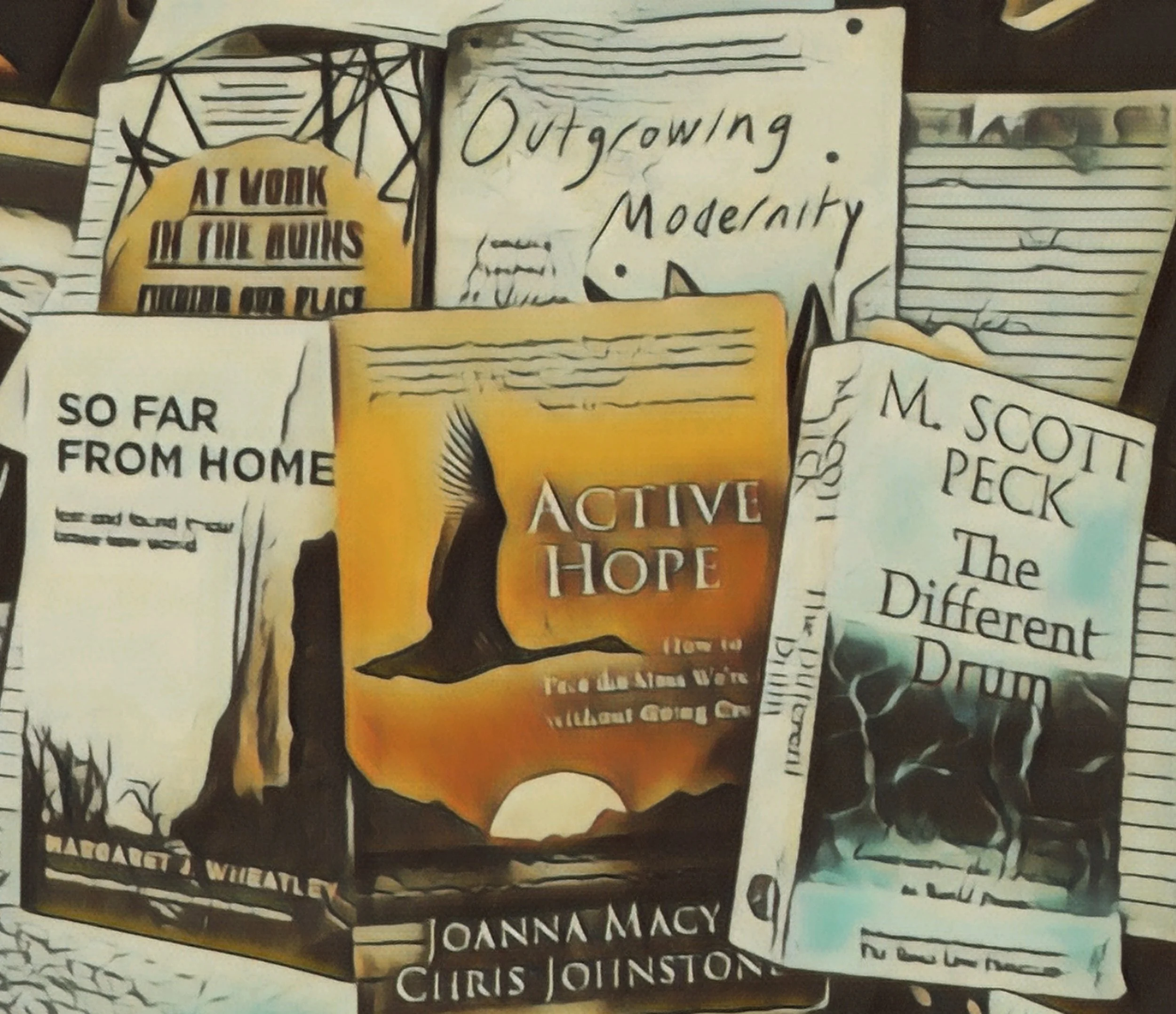
LEARNING DIFFERENTLY
Building human-first, embodied, and emergent practice.
Conventional approaches to learning are not working.
learning has never been a luxury.
Our very first piece of work as an organisation was about learning and we came to call it, ironically, ‘Learning is a Luxury.’ Since then, we’ve supported a number of organisations, departments, health networks, funders, and Place initiatives with learning by being brought in as a learning partner or support function. And we have learnt so much about learning in the process.
Beginning with ‘Learning is a Luxury’, we started to suspect that most professional approaches to learning were not working: compulsory CPD that everyone hates; backward-looking evaluation whose primary purpose is actually to put the best possible face on whatever it is you’ve done for the benefit of whoever controls the purse strings; the reduction of complexity and nuance to a handful of numbers; the focus on questions that encourage only narrow answers (‘what went well?’ ‘what could have gone better?’) rather than the broader questions: ‘what was surprising?’ ‘what indicators tell us that we are moving towards or away from the right direction?’
Traditional approaches to learning often start with a focus on outputs – but this impedes the process of learning itself, because so much learning is experiential and embodied. It is sometimes impossible to articulate what has been learned, even if it has led to a profound change in someone.
We’ve worked hard to learn about learning, and to put our insights into practice. We started by stripping things right back – bringing a group of people together and asking them very straightforward questions, “What are you noticing?”, “What’s changing?”, “How do you feel about that?”
We were shocked at the power of these spaces. People literally moved their holidays to avoid missing them.
We built things up from there, creating interlocking patterns of learning sessions that reinforced one another. We also dug deeper into the “therapeutic” effect that learning (done well) has on people.
INSIGHTS WE HAVE UNEARTHED (SO FAR) ABOUT LEARNING:
Folk often talk about ‘the learning’ as something abstract and disembodied – but learning is an active, experiential process, it happens to people, is done by people and changes people,
Learning isn’t just about what we can rationally know. It is also about paying attention to what we feel in our heart and in our gut, and how that affects what we do and say.
Deep learning processes often involve unearthing what lies within people, rather than imposing a curriculum on them based on someone else’s perception of ‘what this group needs’.
Shared discovery unearths surprises. It’s not common in traditional learning processes to actively seek out the unexpected – but our learning and understanding is deeper when we’re not just seeking confirmation of what we already think.
To learn is to change, and this can be uncomfortable. Learning spaces should create space for discomfort and help people to hold their discomfort.
Further Reading
MORE OF OUR INSIGHTS ABOUT LEARNING





